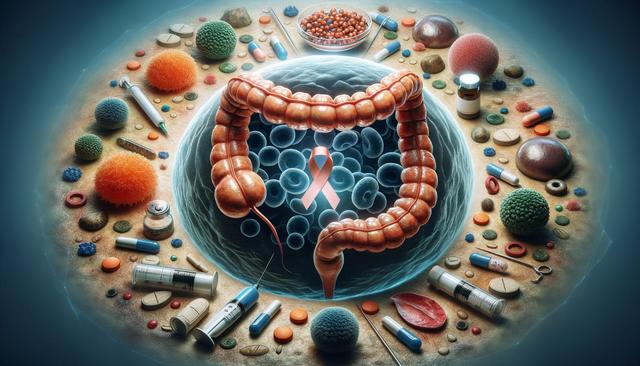Recognizing the Early Symptoms of Colon Cancer
One of the challenges with colon cancer is that the early symptoms often mimic common gastrointestinal issues. Many people mistake them for benign conditions, which delays diagnosis and treatment. Understanding the early symptoms of colon cancer can lead to quicker intervention and improved outcomes. Some of the most recognized early symptoms of colon cancer include:
- Persistent changes in bowel habits, such as diarrhea or constipation
- Rectal bleeding or blood in the stool
- Abdominal discomfort, including cramps, gas, or pain
- A feeling that the bowel doesn’t empty completely
- Unexplained weight loss
It’s important to know how colon cancer stool looks like, as changes such as narrow, pencil-thin stools or dark-colored stools may be warning signs of colon cancer. Paying attention to these subtle changes can be vital in initiating screening and diagnosis at an early stage.
Understanding the Causes and Risk Factors
Colon cancer develops when cells in the colon or rectum grow uncontrollably. Several factors contribute to this abnormal growth, and while some causes are genetic, others are linked to lifestyle and environmental factors. Common colon cancer symptoms and causes include:
- Age over 50
- Family history of colon or rectal cancer
- Chronic inflammatory intestinal conditions such as ulcerative colitis or Crohn’s disease
- Low-fiber, high-fat diet or high consumption of red and processed meats
- Obesity, smoking, and heavy alcohol use
- Sedentary lifestyle
Understanding colon cancer vs IBS is also critical, as both can share symptoms such as bloating and changes in bowel habits. However, IBS typically does not involve weight loss or rectal bleeding. If these more severe symptoms are present, further evaluation for colon cancer may be necessary.
Diagnosis and Colon Cancer Screening Guidelines
Timely diagnosis plays a central role in managing colon cancer effectively. Screening allows for the detection of precancerous polyps and early-stage cancers, which can be treated more successfully. According to current colon cancer screening guidelines, individuals with average risk should begin regular screenings at age 45. Screening methods include:
- Colonoscopy, typically every 10 years
- Stool-based tests such as FIT or gFOBT, annually
- CT colonography every 5 years
For those with a family history or other risk factors, screening may need to start earlier and occur more frequently. Discussing personal risk factors with a healthcare provider is crucial to determine the most appropriate screening schedule.
Comparing Treatment Options for Colon Cancer
Once diagnosed, treatment for colon cancer depends on the stage, location of the tumor, and overall health of the patient. Some of the most widely used and highly rated treatment approaches include:
- Surgery to remove cancerous sections of the colon
- Chemotherapy to target cancer cells throughout the body
- Radiation therapy, particularly effective for rectal cancers
- Targeted therapy that interferes with specific cancer cell mechanisms
- Immunotherapy to help the immune system fight cancer
Each treatment has its own set of benefits and potential side effects. In many cases, a combination of therapies is used to improve effectiveness. The decision on the best colon cancer treatments should be made collaboratively between the patient and an oncology team, taking into account the individual’s needs and preferences.
Managing Life After Diagnosis and During Treatment
Facing a colon cancer diagnosis can be emotionally and physically challenging. However, many individuals manage to maintain a high quality of life through the right combination of treatment, support, and lifestyle adjustments. Some strategies to help manage life during this time include:
- Following a balanced, nutritious diet to support recovery
- Staying physically active within one’s limits
- Seeking psychological support or joining support groups
- Regularly consulting with healthcare providers about side effects and symptom management
Understanding how colon cancer symptoms evolve during and after treatment can help with early detection of recurrence or complications. Patients should also remain aware of follow-up screening recommendations to ensure long-term monitoring and care.
Conclusion: Taking a Proactive Approach to Colon Health
Being informed about the warning signs of colon cancer, understanding the differences between colon cancer vs IBS, and adhering to colon cancer screening guidelines could significantly improve early detection and treatment success. While a diagnosis can be daunting, today’s medical advancements offer several highly rated treatment options tailored to individual needs. Prioritizing regular screenings, maintaining a healthy lifestyle, and seeking timely medical advice are key steps in reducing risk and improving outcomes for those facing colon cancer.




Leave a Reply